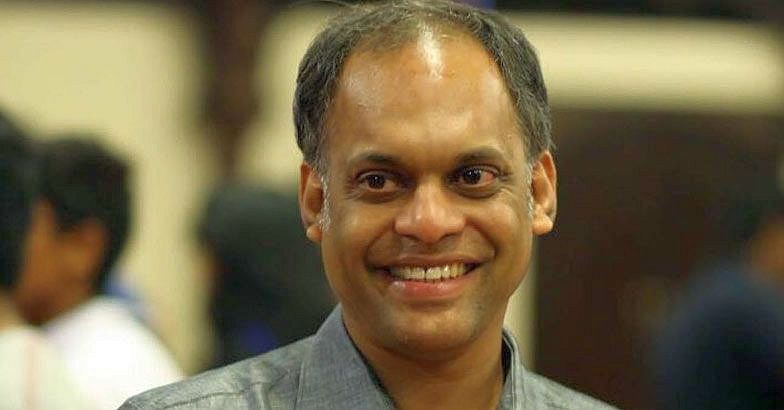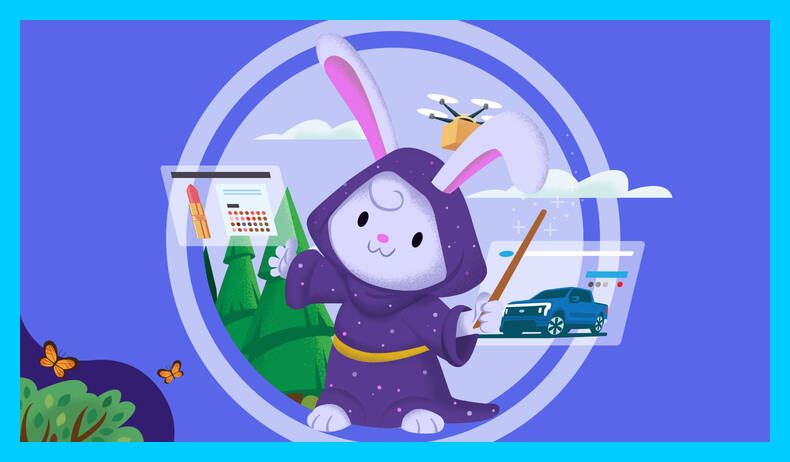Bambolim, Goa. 15 Nov: The first day at the Gartner Symposium ended with a power charged keynote by Anthony Thomas, Group CIO, GE Global. He was later interviewed on stage by Gartner Fellow and VP, David Cearley. In the past Anthony (Tony) served elite organizations such as E&Y, CitiBank and Vodafone India. He has extensive hands-on experience in operations and IT consulting. And he’s a key participant in the Digital Transformation journey at GE Global.
He talked about the transformation at GE and said that sustainability and protecting the environment are equally important issues at GE. Citing some of the key projects and businesses at GE, he mentioned smart grids, smart cities, locomotives and the projects with the Indian government.
“GE has done very well as an industrial organization, but is that enough? The world as we knew it changed when one billion people were connected to the Internet. But what if the machines are connected?” asked Thomas. “Now we are talking about brilliant hospitals, brilliant power, brilliant factories — auto managed, self-healing capabilities. Things from the consumer world like monitoring, security, and productivity become much more magnified in the industrial world.”
He also talked about the huge amount of data collected from millions of sensors in the industrial world. GE manufactures aircraft engines and sees a yield of one TB of data per engine, per flight. And each plane does 5 – 10 trips a a day. There are 20,000 engines in operation.
“The 10 million plus sensors (at GE) can generate about 50 million plus types of data that we can play around with. The value to the customers is huge if we tap it right,” said Thomas.
He informed that GE is now harnessing all this data to make aircraft engines more fuel efficient and save millions of dollars for airlines.
“A saving of even 1% of fuel translates to savings of $30 million in a span of 15 years,” said Thomas.
The other areas where it is introducing efficiency are rail, healthcare and power.
He also noted that industrial productivity has declined in the last few years. The growth has declined to 1% year-on-year due to a variety of reasons.
“GE owns the assets, we design, engineer and build products. But there was a missing link in there — the power of analytics and software to drive the right outcomes for our customers,” said Thomas.
Pointing out that the consumer Internet and industrial Internet are vastly different in nature. Perhaps he was suggesting that industry needs to have its own Internet, that wasn’t connected to the consumer Internet.
“There’s a lot more data in the industrial world. You are looking for one exception that happens once in a million cycles. In the industrial world it is all about outcomes. So there really needs to be a new way of looking at the industrial Internet,” he said.
Taking cognizance of this GE decided to go digital a year ago and transform its IT and add in key components like software and analytics. And this extends to its rich global ecosystem of customers, partners and suppliers.
However, it faced a barrier. Traditional operating systems that power desktops and mobile phones are not suited to the rigid environments and requirements of the industrial Internet. So there was a need for an all new industrial OS. That’s what Predix OS now fulfills.
But GE still has a lot of ground to cover. The industrial Internet faces humongous challenges like massive data, data protection, and operational security (OT security). This is going to take some time to establish, so GE is building a bimodal organization — a fusion of the traditional business and the new digital business.
“We still have to maintain our Mode 1 business, but within that we will build Mode 2, so that we can operate in the digital world. We are investing in edge devices, OT security. We are also building (industrial) apps. For instance, we have a number of asset management apps,” said Thomas.
————————————————————————–









